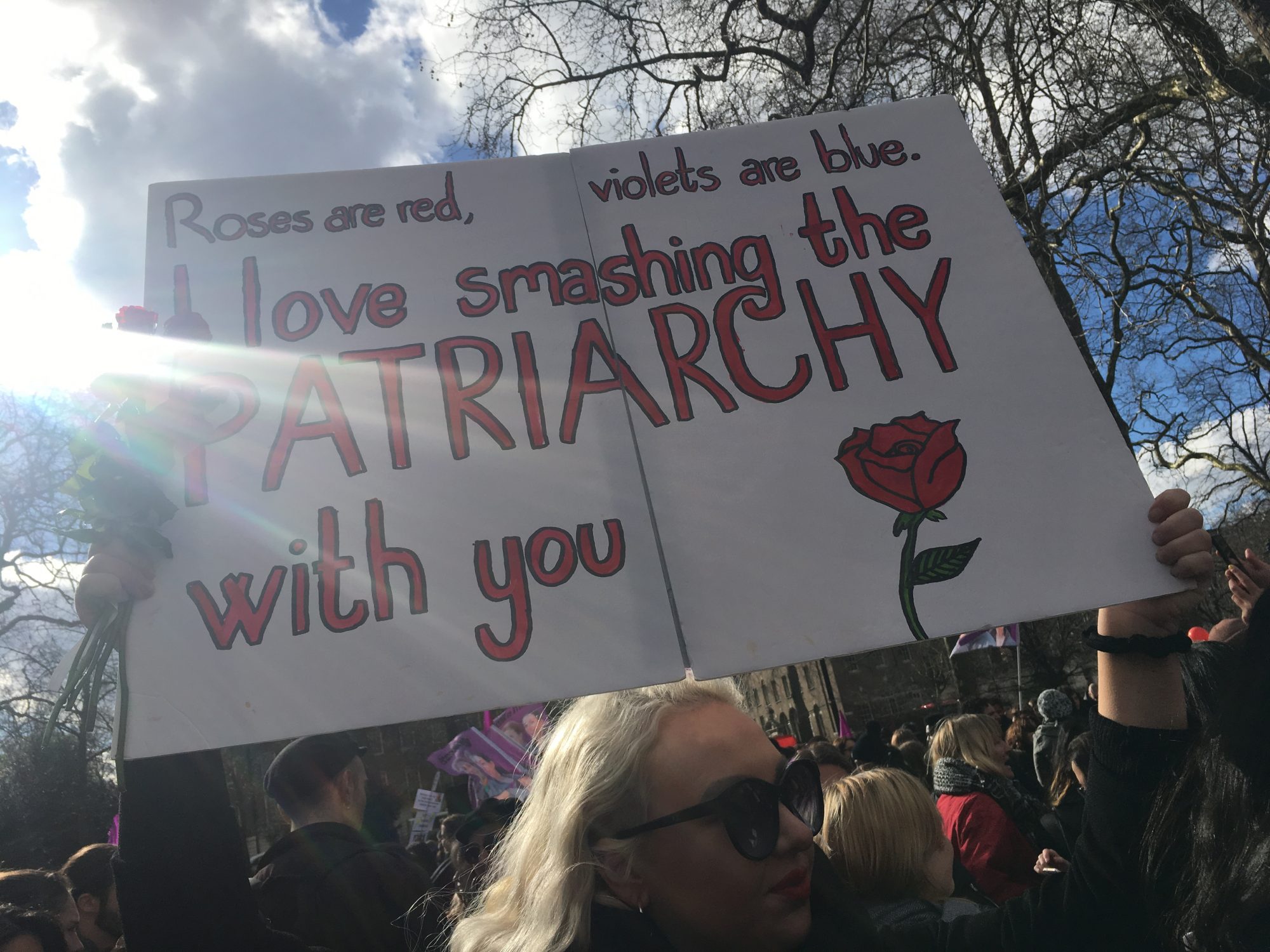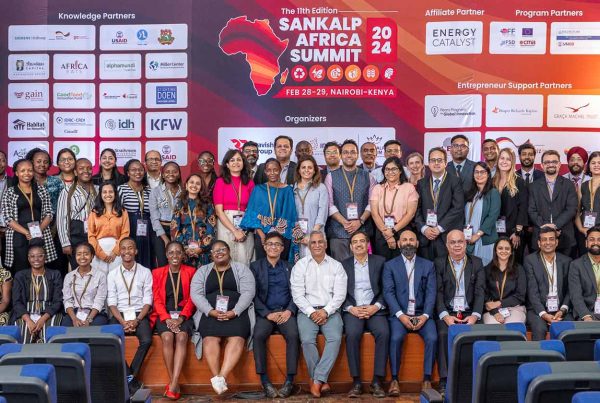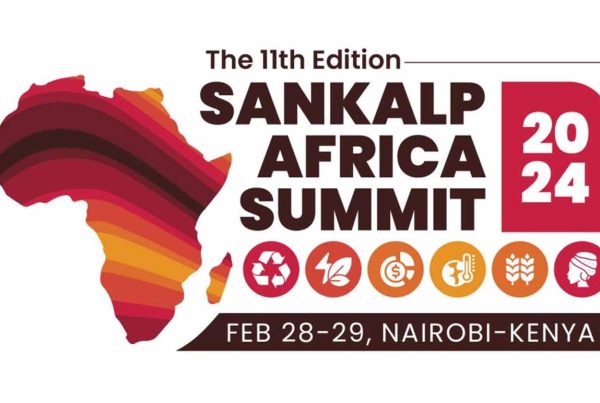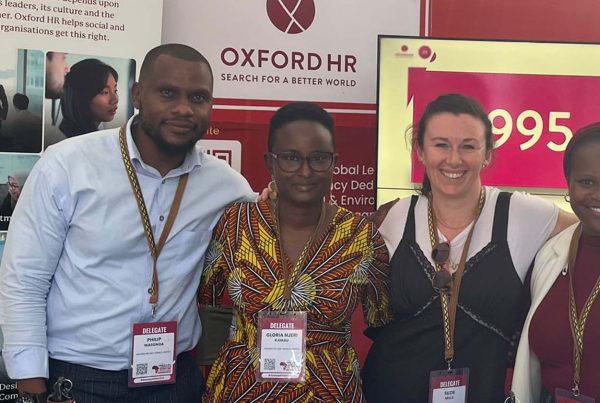At Oxford HR we do not only help organisations find the best people to bring a positive change in our societies. What brings us together is that we want to contribute to that change directly, ourselves. Conversations on how to best do that when we recruit, how to avoid discrimination and increase diversity, or opening opportunities for people who don’t usually have them, are always on the table. This week has been an especially intense one. On one side, I personally decided to participate on the Women’s Strike, with the complete support of Oxford HR. On the other side, Women’s Day have opened a team debate on issues women are facing today, and the progress that has been made.
In our usual Researchers and Admins team meeting we shared how Women’s Day and the international strike develops in each of our countries, and so we talked about Canada, Greece, Italy, Morocco, Romania, Spain and Sweden, and compared it to the UK. Jamie shared with us data on the global gender pay gap, which currently stands at 23%. Toby always keeps us updated with the latest trainings on increasing diversity and equality at the work place, which we encourage our colleagues to take. Karen reminds us how difficult is to place senior women candidates in conflict areas, and some other colleagues have shared their views, a few which I would like to share with you today:
“As promoters of gender equality and diversity many INGOs themselves are still a long way in terms of achieving equality and diversity in leadership roles. I think is time to change that!”
“…if these organisations want to build better societies, innovate and resolve complex problems, they need to move from old leadership moulds and give opportunities to the other half of the people and those who make their client base.”
“As a society, we still have a lot to learn in supporting one another; we all know that working together as a society, with diversity across all areas is to the benefit of everyone.”
“As a woman and as a mother my fight for equality goes every day, silently and unknown, like most of modern women, at home. By teaching my sons same responsibilities and obligations as my daughter, and by giving my daughter same liberties and encouragement as my sons. To be themselves but respecting others.
Things have really changed in just 30 years, and what we have now is the result of the hard work perseverance, kindness, intelligence and commitment of many women.
To those women like my mum who didn’t have the opportunities that I have now. That she sees in me her dreams come true. I want to pass to my daughter the support and faith that her dreams will come true and are hers and not mine.”
“I used to attend Women’s March when I was a student and in my first few jobs. And I used to go to large Women’ Day events in Asia or Africa while I was working for Oxfam Novib and Save the Children. Strong women took the lead there in fighting for their rights, which were as fundamental as heritage rights for widows, or rights to keep custody over their children after death of/divorce from their husband. But also, fundamental human rights for lesbian, gay and transsexual people, who are threatened, attacked and prisoned in many societies in the South.”
And as I was sharing my reasons for the strike, indeed the fight is not only to empower gender, but the fights of the LGBTI+ people, migrants, refugees, the ones with disabilities, the ones who have a different skin colour, or the ones who in any way do not respond to what’s normal, whatever that is, …all these fights are equally important and interrelated. I don’t think one should forget that discrimination affects all of us in different levels, and is the suffering and the lower conditions of life that come as a result of that discrimination, that one tries to fight against when demonstrating for any of the fights.
We at Oxford HR try to apply these principles in all that we do. As one of my good lecturers and mentors said, work shapes our personal identity, and it’s there where we maximise our self-awareness and concept of the self. We hope you all enjoyed Women’s Day yesterday, and please do share your thoughts and experiences.
Thank you for reading.
(La lucha continúa.)



